Di Italianieuropei Martedì 03 Giugno 2014 15:34
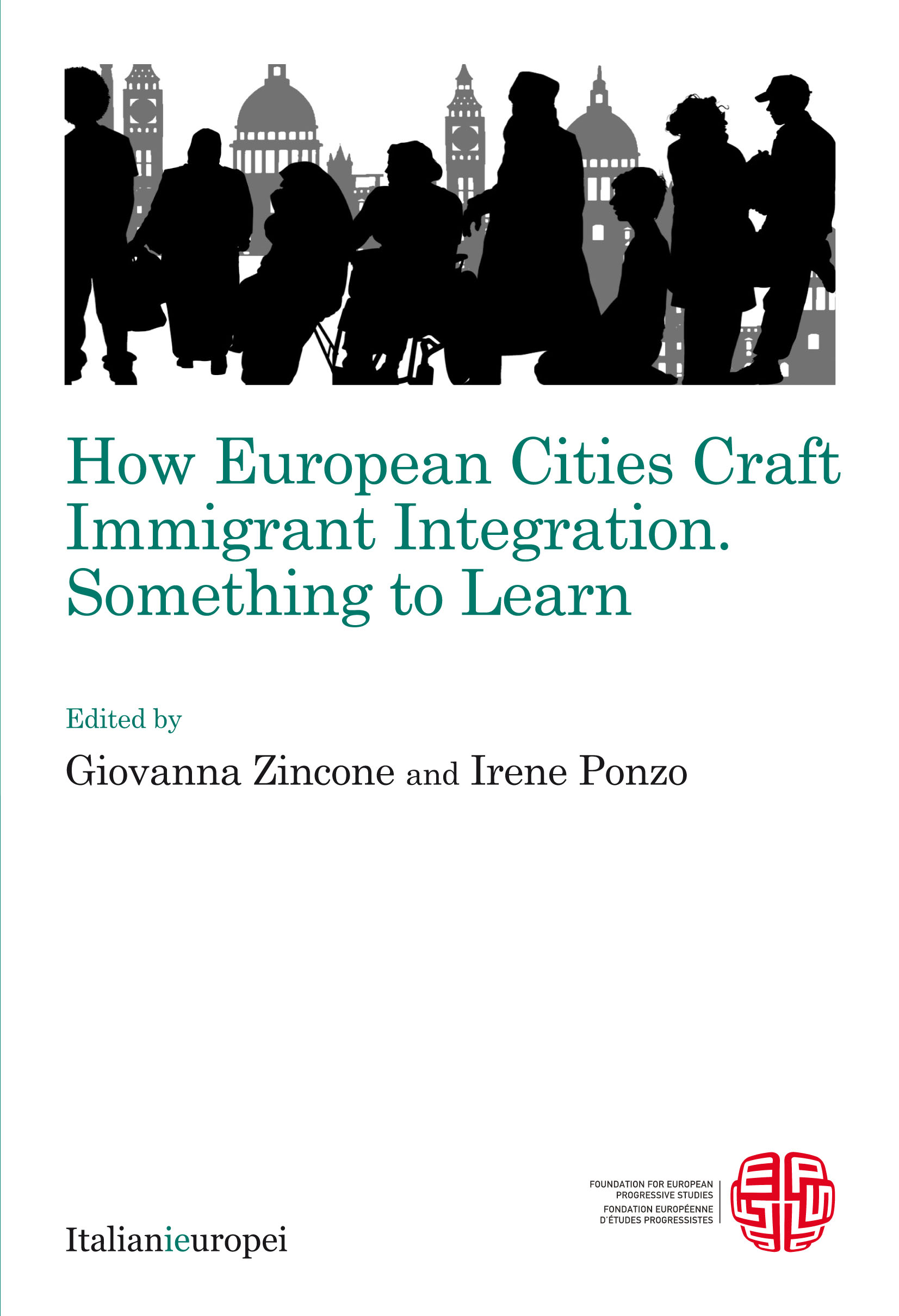
Le città europee sono in modo crescente meta di immigrazione e sono caratterizzate sempre più da differenze etniche, culturali, linguistiche e religiose alle quali le amministrazioni locali devono far fronte per favorire l’integrazione ed evitare i conflitti. Non esistono ricette efficaci in tutte le situazioni, ma dalle esperienze di città diverse è possibile trarre, nel bene e nel male, degli insegnamenti. È questo lo spirito che ha indotto la Foundation for European Progressive Studies e la Fondazione Italianieuropei a pubblicare How European Cities Craft Immigrant Integration. Something to Learn, a cura di Giovanna Zincone e Irene Ponzo, nel quale le pratiche e le competenze sviluppate da alcune città europee – da Torino a Barcellona, da Firenze a Parigi – nel campo dell’istruzione, dell’housing e dell’integrazione culturale delle seconde generazioni di immigrati sono messe a confronto al fine di offrire spunti e suggerimenti per le amministrazioni delle città europee.
Scarica il volume
Living up to the expectations of two cultures is only one of the challenges second generations face when negotiating their transcultural lives.
Second generations are part of Europe’s youth population, and at the same time a subgroup with specific characteristics which represent a source of both potential and challenges. While they may challenge society’s values, on the other hand their presence can elicit innovation in education and stimulate intercultural planning skills. Some possess cultural and linguistic skills that virtually enable them to move through different contexts and adapt rapidly to new environments. However, due to their migratory background they are often marginalized. They face problems at school and upon entering the labour market, and they are often forced to take on adult responsibilities much earlier than many young nationals. This situation may create a gap between them and their local peers: their life paths are conditioned not only by their personal biographies and the knowledge and skills acquired during their education, but also by institutions and policies, above all at local level.
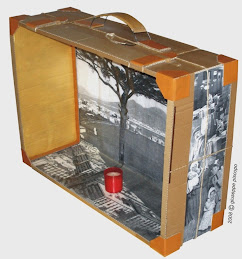





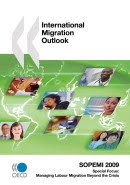



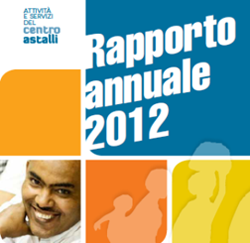


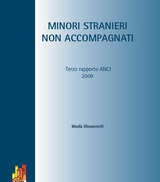
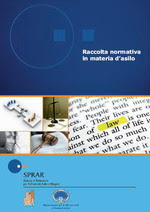




Nessun commento:
Posta un commento